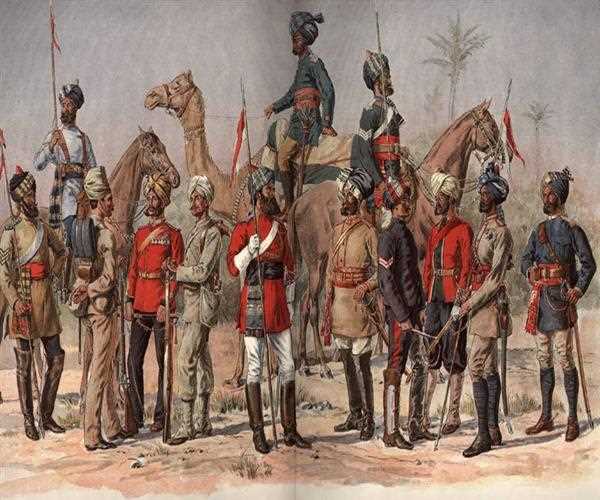The British Raj, or rule, in India began in 1858, after the British East India Company, which had been trading in India for over 200 years, was dissolved. The company had been granted a monopoly on trade with India in 1600, and it had gradually taken over control of the country's administration. However, the company's rule was unpopular with many Indians, and in 1857, a large-scale rebellion broke out. The rebellion was suppressed, but it led to the British government taking direct control of India.
The British Raj was a period of direct rule by the British government in India. The British government established a system of administration that was based on the British model, and it introduced a number of reforms, including the introduction of English as the language of administration and education. The British also built a number of infrastructure projects, such as railways, roads, and canals.

The British Raj was a period of great change for India. The British introduced a number of new ideas and technologies, and they had a significant impact on Indian society. However, the British Raj was also a period of great tension and conflict. Many Indians resented British rule, and there were a number of uprisings and rebellions.
The British Raj came to an end in 1947, when India gained independence. The independence of India was a momentous event, and it marked the end of over 200 years of British rule.
Here are some of the key factors that led to the establishment of the British Raj in India:
- The decline of the Mughal Empire: The Mughal Empire was the dominant power in India for over 300 years, but it began to decline in the 18th century. This decline left a power vacuum in India, which the British were able to exploit.
- The British East India Company: The British East India Company had been trading in India for over 200 years, and it had gradually taken over control of the country's administration. The company's military and financial resources gave it a significant advantage over its rivals.
- The Industrial Revolution: The Industrial Revolution gave the British a number of advantages over India, including technological superiority, a strong economy, and a large pool of skilled workers.
- The British government: The British government was willing to commit the resources necessary to maintain control of India.
The British Raj had a profound impact on India. The British introduced a number of new ideas and technologies, and they had a significant impact on Indian society. However, the British Raj was also a period of great tension and conflict. Many Indians resented British rule, and there were a number of uprisings and rebellions.
The British Raj came to an end in 1947, when India gained independence. The independence of India was a momentous event, and it marked the end of over 200 years of British rule.